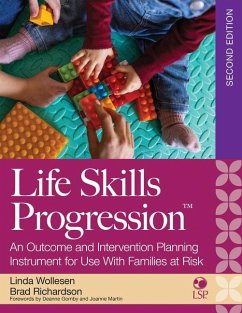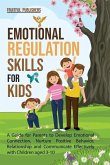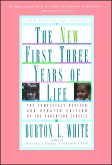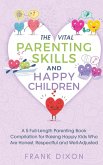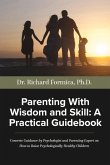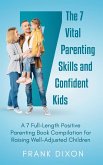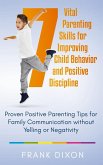A must for home visiting programs, the updated second edition of the LSP is the most efficient, reliable way to evaluate a parent's life skills: the abilities, behaviors, and attitudes they need to achieve a healthy and satisfying family life. For use with at-risk, low-income pregnant and parenting individuals with children from birth to 5 years of age, the LSP is a field-tested, validated, and reliable tool that generates a broad, accurate portrait of the life skills of parents, caregivers, and young children. Easy to complete in about 10 minutes, the LSP will help your program establish baseline and ongoing assessment profiles of clients, identify strengths and needs, plan interventions, and demonstrate the effectiveness of your practices through monitoring of outcomes. HOW IT WORKS Home visitors, including public health nurses, social workers, mental health care providers, and family development and family support workers, use the LSP to evaluate a variety of important life skills. An experienced professional familiar with the family records information on 43 items in eight important domains: * Relationships with Family and Friends * Relationships with Children * Relationships with Supportive Resources * Education and Employment * Health and Medical Care * Mental Health and Substance Abuse * Basic Essentials * Infant/Toddler Development Home visitors rate each competency from 1 to 5 on a simple-to-complete form, where they can also record important case data in the notes section. No judgment of families is implied--the LSP is used only to track the progress of children and parents or caregivers, and can be repeated every six months until the child is 5. WHAT'S NEW * New chapter on using the LSP to promote maternal health literacy * Guidance on completing the LSP during virtual home visits * LSP Instrument and downloads now provided as fillable PDFs * Updated research, citations, and information throughout * Updates and improvements based on customer surveys and feedback from the field * Scoring descriptions updated for clarity * Ancillary materials now provided as convenient downloads Use the LSP with ASQ(R)-3 & ASQ(R) SE-2! With items that match the ASQ developmental areas, the LSP makes it easy to summarize the developmental data you gathered with the ASQ system.
Hinweis: Dieser Artikel kann nur an eine deutsche Lieferadresse ausgeliefert werden.
Hinweis: Dieser Artikel kann nur an eine deutsche Lieferadresse ausgeliefert werden.

